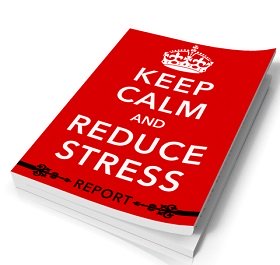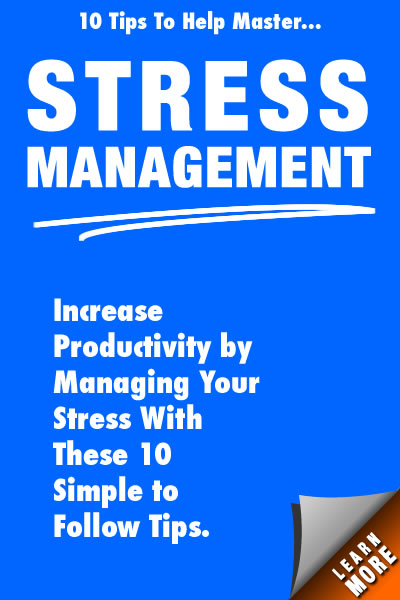How to Cope with Depression
For many people, it is difficult to learn how to cope with depression and its debilitating effects. Yet, there are several coping skills to assist with handling this disease. The toughest part is getting started. With so little energy and a feeling of hopelessness, the urge is to simply isolate oneself and do nothing. But the opposite needs to happen. You need to be involved with people and get the body moving. Check out these recommendations and take one step at a time as you begin a daily journey to recovery and renewal.
1. Get support. Share what you are going through with trusted friends and family members. Talk to people even though you often would prefer to retreat into isolation. You may find it beneficial to join a support group, a Bible study group, or a book club. These groups can help you understand that you are not battling this illness alone and help you gain needed reassurance from others. Building a support network can help you learn how to cope with depression and maintain human contact.
2. Practice relaxation techniques. Depression can be triggered by stress. Yet if you can take 10 minutes in each day and practice some relaxation techniques such as yoga or meditation, you will help release positive chemicals in your body to help you feel better. Not only will you relieve the symptoms and reduce stress, you will boost feelings of joy and well-being.
3. Eat a healthy diet. What you eat has a direct impact on your health and how you feel. Stay away from junk food. Try to develop a more balanced diet of protein, fruits, vegetables and complex carbohydrates. Minimize white sugar and white flour in your diet. Drink lots of water to flush out the toxins lingering in your body.
4. Increase your daily exercise. When you are depressed you may feel lethargic and have little interest in exercising. But get moving. Increase your daily activity and make certain that you get out everyday, even if it is to go to the grocery store. When learning how to cope with depression, exercise helps. Start with 10 minutes of exercise each day and increase the exercise to 30 minutes per day. Pick an activity you enjoy so you are more likely to stick with it.
5. Develop a list of your favorite mood boosters. Include strategies and activities that you enjoy and help you feel better. This list may include getting out and enjoying the sunshine, or taking a nice walk in nature. You might make time to enjoy a good book or take a long soothing bath. Or you might spend some time playing with a pet. Journal writing can be a relaxing way to document what you are thankful for and count the blessings that you have in your life.
6. Know when to seek professional help. If your depression worsens over time, you may need professional help. Needing additional help is not a negative reflection on you. Remember that this condition can be treated and you can recover. The recovery process is similar to walking where in you take one step at a time, and if you persist you will find that you have traveled far.
Many Types of Stress Effect Women
How to Cope with Depression: Know the Symptoms
Reader Favourite!
Effective Stress Management Listen to Your Body
Join Calm Starts Here, and receive FREE How to Get a Good Night's Rest and Stop Worrying.
Share this Page on SheToldMe.com
Become a FaceBook Fan









